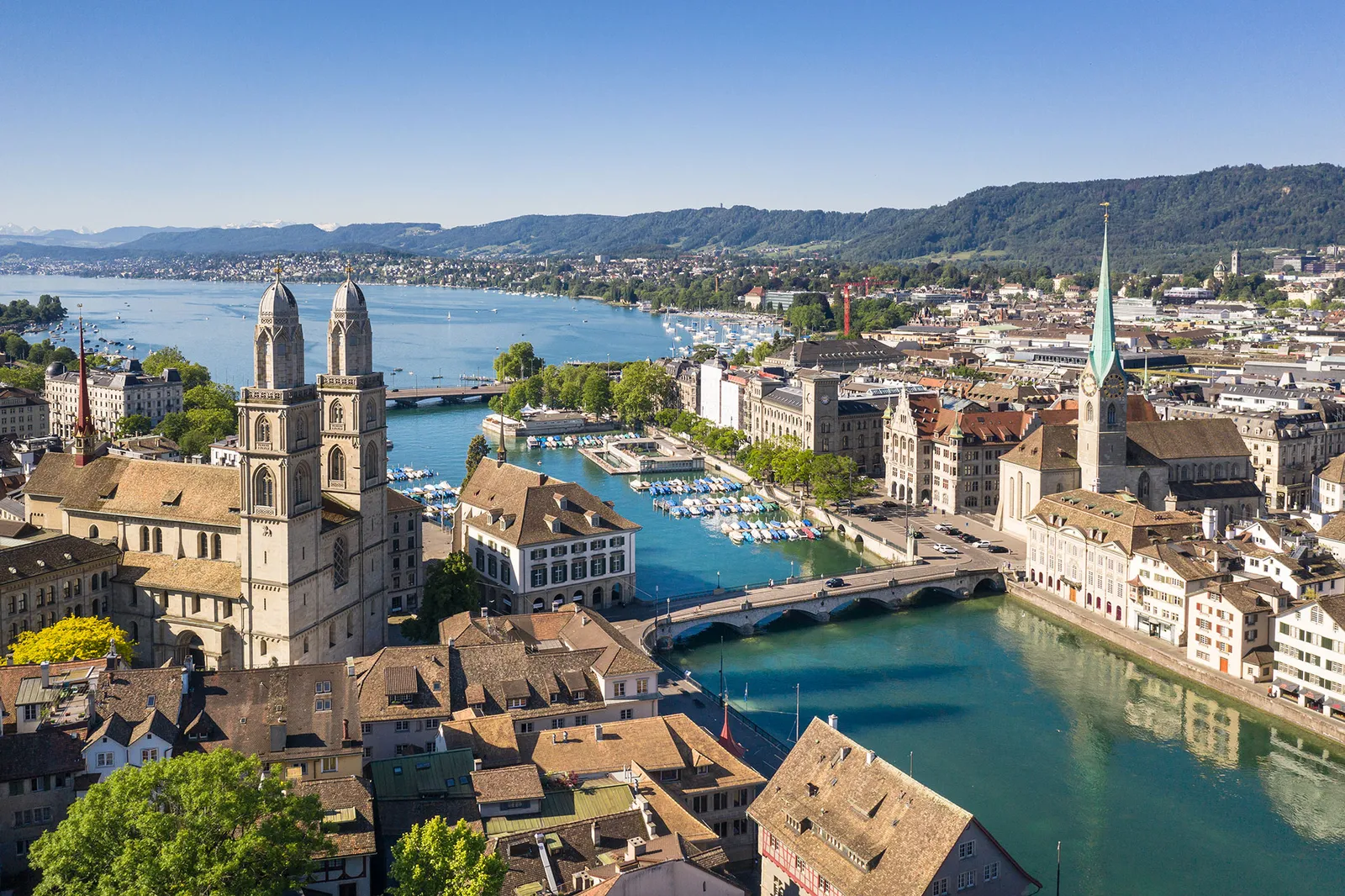Generation Black TV - Live
Zurich Will Switch Off Natural Gas To Prevent Climate Change
Could Zurich be Leading the Way to Help Stop Climate Change?
Climate change awareness is more critical than ever. On Earth Day 2022, the U.N warned of ‘now or never” action, with Dr. Radley Horton from Columbia University laying out the plan to avoid the worst consequences of the climate crisis. However, on a more hopeful note, the Swiss city of Zurich has shut down its gas supply to some neighbourhoods as both a way to fight climate change and save money while also cutting gas imports from Russia.
Zurich is the biggest city in Switzerland and began to switch off the gas to some parts of the city a decade ago to combat climate change. In 2011, after developing a heat source parallel to natural gas, the city officials announced that they’d shut down gas service within five years. People were shocked back then. Roughly half of Switzerland’s natural gas supply comes from Russia. The city’s residents are broadly supporting the decision to switch it off.
Rainer Schõne, from Zurich’s Energie 360°, has made it clear that people want to move away from fossil gas. There’s a big concern in Zurich that gas cannot be the future for Zurich. There’s a chance that Zurich’s example might offer other cities around the world to start switching off natural gas permanently to fight climate change.

Climate Change Image © Mark Garlick
As an alternative, the city came up with a plan to expand the district heating system that uses renewable energy. This biomass energy uses excess heat from a waste incinerator located in the Recyclinghof Hagenholz on the edge of the city. The incinerator heats water that circulates through underground pipes in the city to tap as a heat resource. For some homeowners, installing an electric heat pump was a significant investment that cut their bills in half.
Of course, some people won’t take the shift immediately well. A chef at a Lebanese restaurant complained about the costs of changing to electric induction stoves. These allow him and his team at the restaurant to keep cooking with the same control gas provided, though each costs $40,000. The city provided subsidies to assist with the costs, but homeowners and business owners still complained that it was an expensive investment.
There are also plans to keep the gas pipelines in the historic city centre but use them to carry biogas. In some places, a city-wide shift might not be economically viable yet, but some homes might be inclined to do so to support renewable energies in the future, hopefully, the near future.


